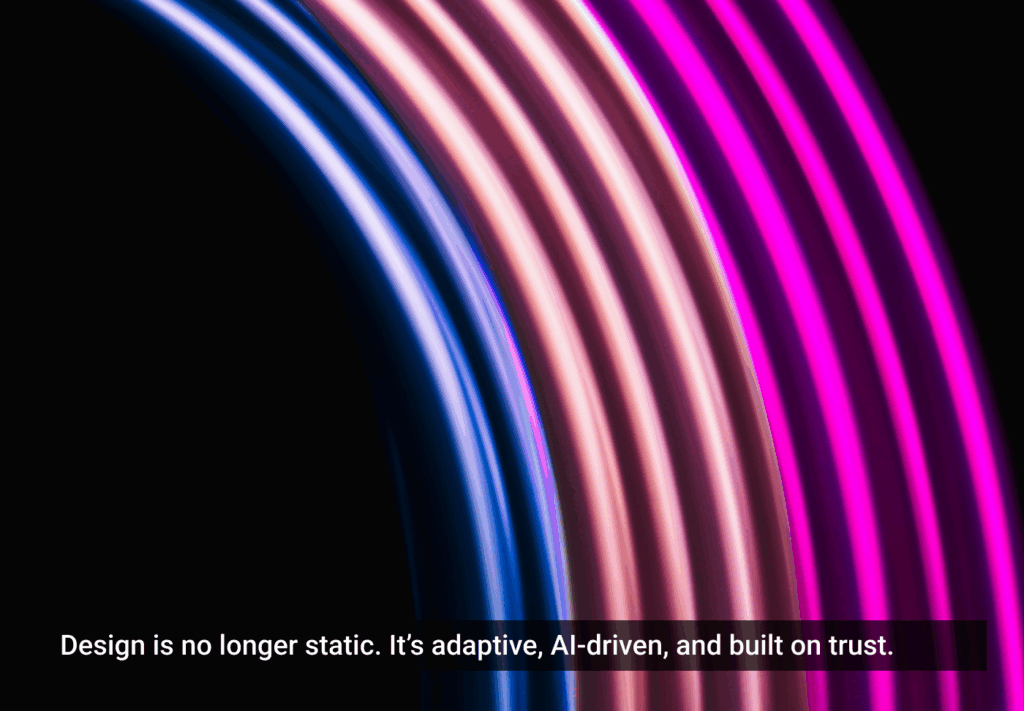Whether you’re hip to it or not, conversational AI—which is really the sequencing of technologies like NLU/NLP, code-free programming, RPA, and machine learning inside of organizational ecosystems—has already begun reshaping the world at large. Unsurprisingly, we’re seeing this primarily in business settings. Lemonade, a tech- and user-centric insurance company is upending its industry by providing customers with a rewarding experience buying insurance that’s facilitated by Maya, an intelligent digital worker described as “utterly charming” that can quickly connect dots and get customers insured. Maya is essentially an infinitely replicable agent that is always learning and doesn’t make the same mistake twice. Compare that with whatever it costs Allstate to retain more than 12,000 agents in the US and Canada who are likely using outdated legacy systems and it’s clear to see which way ROI is trending.
Become a member to read the whole content.
Become a member







